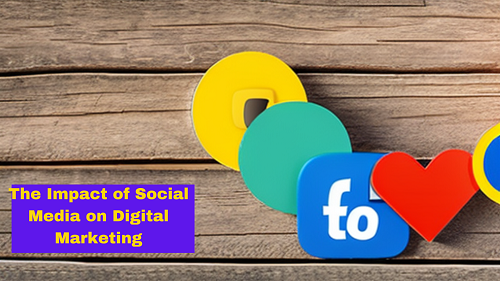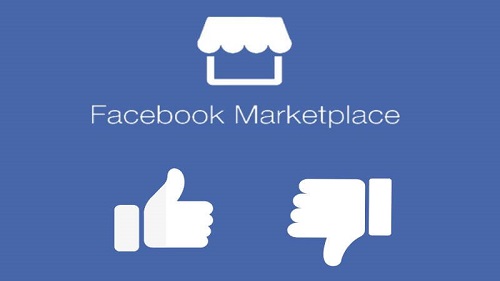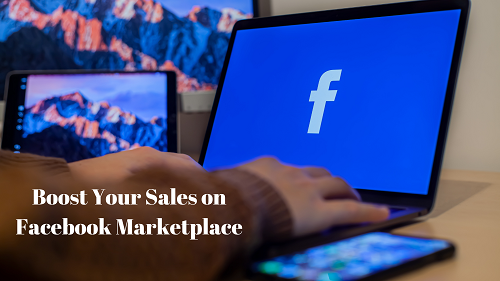Introduction to Social Media
Talking about the The Impact of Social Media on Digital Marketing, Social media has become an integral part of our daily lives, with billions of users worldwide. From Facebook and Twitter to Instagram and TikTok, social media platforms offer a way for individuals to connect, share content, and engage with others. For businesses, social media provides a platform to reach and engage with their target audience in a way that was not possible before.
The Growth of Social Media Usage
Since the launch of Facebook in 2004, the growth of social media has been explosive. Today, there are over 3.7 billion social media users worldwide, representing nearly half of the world’s population. This massive growth has led to a shift in the way businesses market and advertise their products and services.
The Role of Social Media in Digital Marketing
Social media has become an essential component of digital marketing. By creating a presence on social media platforms, businesses can reach and engage with their target audience, build brand awareness, and drive traffic to their website. Social media also provides an opportunity to directly interact with customers and receive feedback, which can be used to improve products and services.
The Benefits of Using Social Media for Marketing
There are many benefits to using social media for marketing. Some of the most notable include:
- Increased visibility and reach: With billions of users on social media, businesses can reach a massive audience, both locally and globally.
- Improved engagement and interaction: Social media platforms offer businesses an opportunity to directly engage with their target audience and receive feedback.
- Increased brand awareness: By regularly posting content and engaging with followers, businesses can build brand awareness and credibility.
- Improved customer insights: By analyzing social media data, businesses can gain valuable insights into their customers’ needs, preferences, and behaviors.
The Challenges and Risks of Social Media Marketing
While social media provides many benefits for businesses, it also presents some challenges and risks. Some of the most notable include:
- Reputation management: Negative comments and reviews on social media can quickly spread and damage a business’s reputation.
- Privacy concerns: Businesses must be mindful of privacy laws and regulations when collecting and using data from social media.
- Resource constraints: Managing a social media presence can be time-consuming and resource-intensive, requiring a dedicated team or individual.
- Algorithm changes: Social media platforms frequently change their algorithms, which can impact a business’s reach and visibility.
Best Practices for Social Media Marketing
To get the most out of social media marketing, businesses should follow some best practices, including:
- Define a clear strategy: Develop a clear social media marketing strategy that outlines goals, target audience, and content.
- Use a mix of platforms: Choose the platforms that are most relevant to your target audience and create a presence on those platforms.
- Post regularly: Regularly post content that is relevant, valuable, and engaging for your target audience.
- Engage with followers: Directly engage with followers and respond to comments and feedback in a timely and professional manner.
Conclusion and Future Outlook
Social media has had a profound impact on digital marketing and will continue to do so in the future. As the number of social media users continues to grow, businesses must adopt social media as an integral part of their marketing strategy in order to stay competitive. By following best practices and continuously adapting to changes in the social media landscape, businesses can maximize the benefits of social media marketing.






